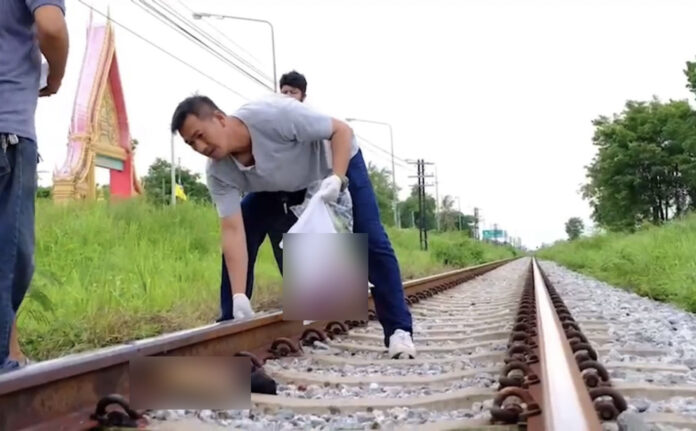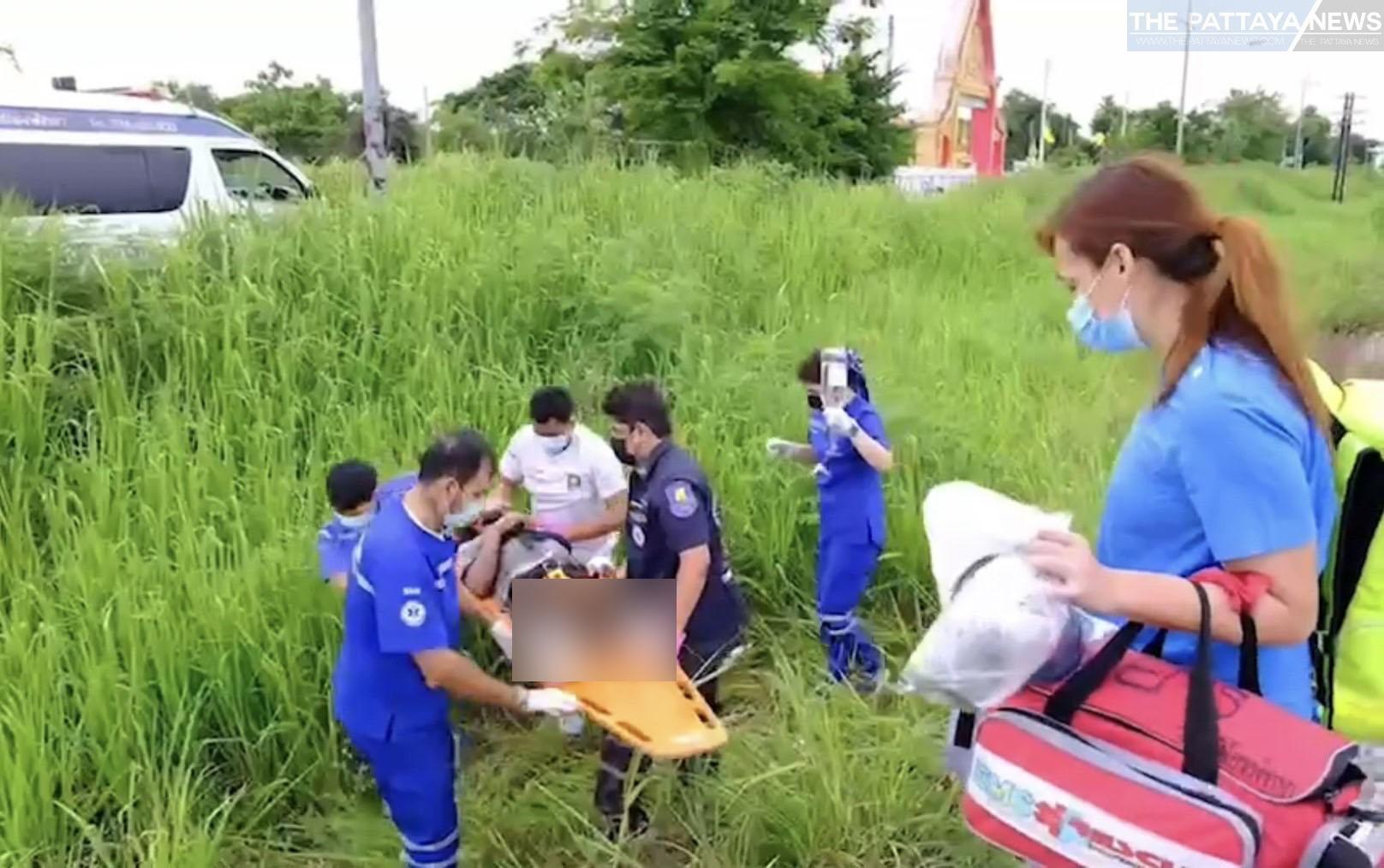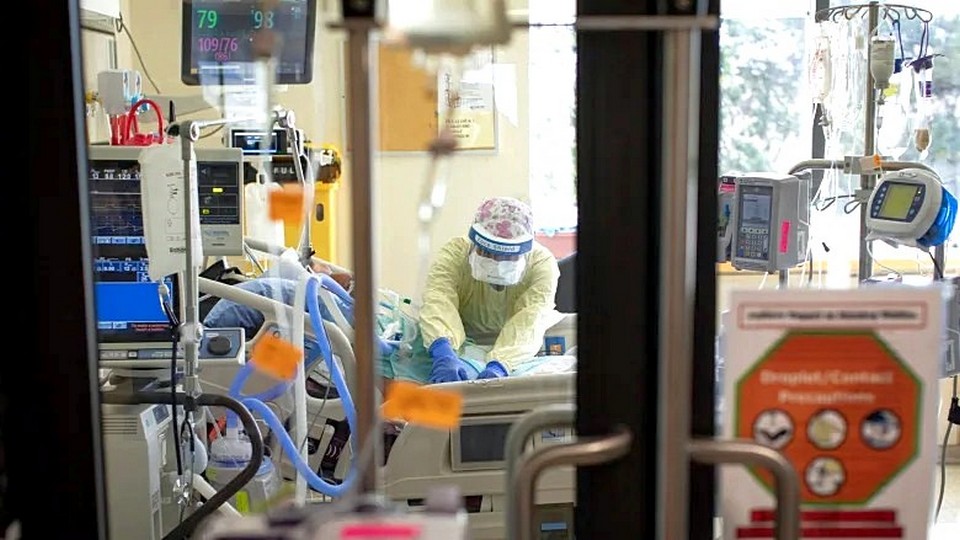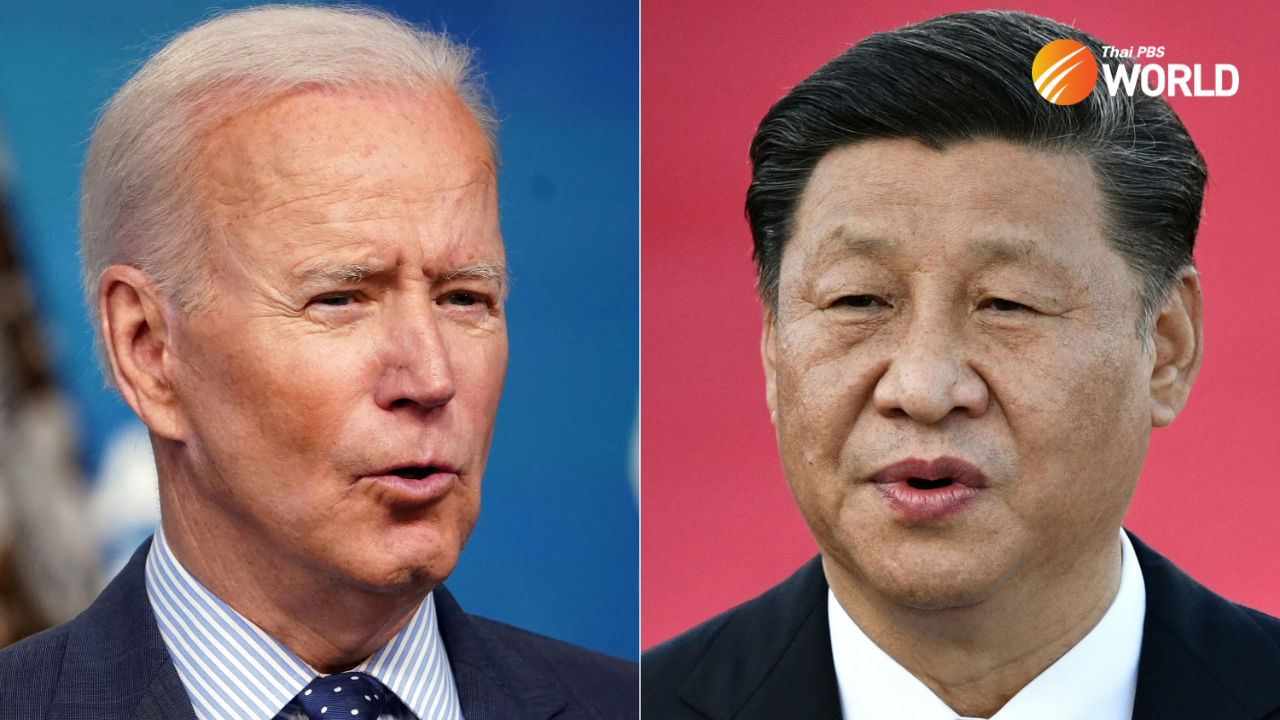
More people have eased up on personal Covid-19 prevention measures despite the increasing number of daily cases, according to the Health Department.
Suwanchai Wattanayingcharoenchai, its director-general, on Friday said the BA.4 and BA.5 Omicron variants have sparked a surge in daily cases.
However, a department survey found that there was a drop in personal preventive measures this month when compared to figures seen in May.
A total of 74.1% of respondents said they still regularly wash their hands, a drop from 82% in May, it said. Meanwhile, 78.6% continued to maintain social distancing this month as opposed to 84.6% in May, it said.
Dr Suwanchai said universal prevention measures are still needed to avoid being infected by Covid-19.
There were 37 more Covid-19 fatalities and 2,480 new cases in hospitals across the kingdom on Thursday, according to a Public Health Ministry report on Friday. The kingdom recorded 32 fatalities and 1,902 new cases on Wednesday, it added.
To handle the increase in daily cases, the National Health Security Office (NHSO) is offering treatment options for Covid-19 patients, including telemedicine.
On Monday, the NHSO held an online event to promote the move.
Atthaporn Limpanyalert, NHSO deputy secretary-general, on that day said the telemedicine service will offer self-treatment programmes for patients.
Meanwhile, the MorDee and Good Doctor mobile apps will provide the remote delivery of healthcare services for qualified patients in Bangkok and its five adjacent provinces, he said.
Dr Sudhichai Chokitchai, a supervisor at Good Doctor Technology Thailand, said the app has helped take care of about 8,000 Covid-19 patients as it guarantees diagnosis and prescriptions from doctors.
"Telehealth or telemedicine can connect physicians to remote patients without travel costs and [the technology] is time-saving," he said.
However, patients over 60 years old, those with underlying diseases and pregnant women must consult medical staff at hospitals for a more detailed diagnosis, he said.
Adipat Chaichanasakul, managing director of the MorDee app, said it welcomes anyone with health insurance and NHSO patients.
It also provides treatment services for other ailments that do not require a hospital visit, including high blood pressure and diabetes, he said.
"Thailand needs telehealth businesses as the doctor ratio is only 0.81 per 1,000 people," he said. "This service will help patients contact doctors at an affordable price."






















